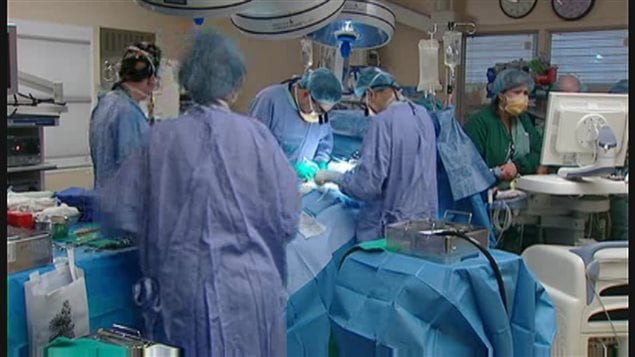Canadian researchers have discovered why anesthetics can cause prolonged cognitive impairment such as memory loss.
Scientists know that about one third of patients who have general anesthetic for surgery suffer some kind of cognitive impairment when they are discharged from hospital. About one in ten still have the problem three months later.
In studying mice, researchers at the University of Toronto found that the anesthetics activate memory-loss receptors in the brain.
Fundamental assumptions ‘were wrong’
“We found, surprisingly, that some of our fundamental assumptions about how these drugs work were wrong,” says Dr. Beverley Orser, an anesthesiologist and professor at the university. “We learned that even after the drug’s been eliminated the activity of these receptors is heightened, and that is causing memory deficits.”
ListenHow much impairment depends on the patient’s age, health, type of surgery and the anesthetic. It seems to be most prevalent in the elderly or people having major operations like heart surgery.

Drugs could reverse memory loss
“The good news is we’ve also identified a series of drugs which can target those receptors and reverse the memory loss in the post-anesthetic period,” says Orser. Research on these drugs is still in the early stages but appears to be promising.
In the meantime, since the cognitive impairment comes at a time when patients are getting critical information about their post-operative care, Orser suggests they write everything down or have someone with them to help them with the information.








For reasons beyond our control, and for an undetermined period of time, our comment section is now closed. However, our social networks remain open to your contributions.